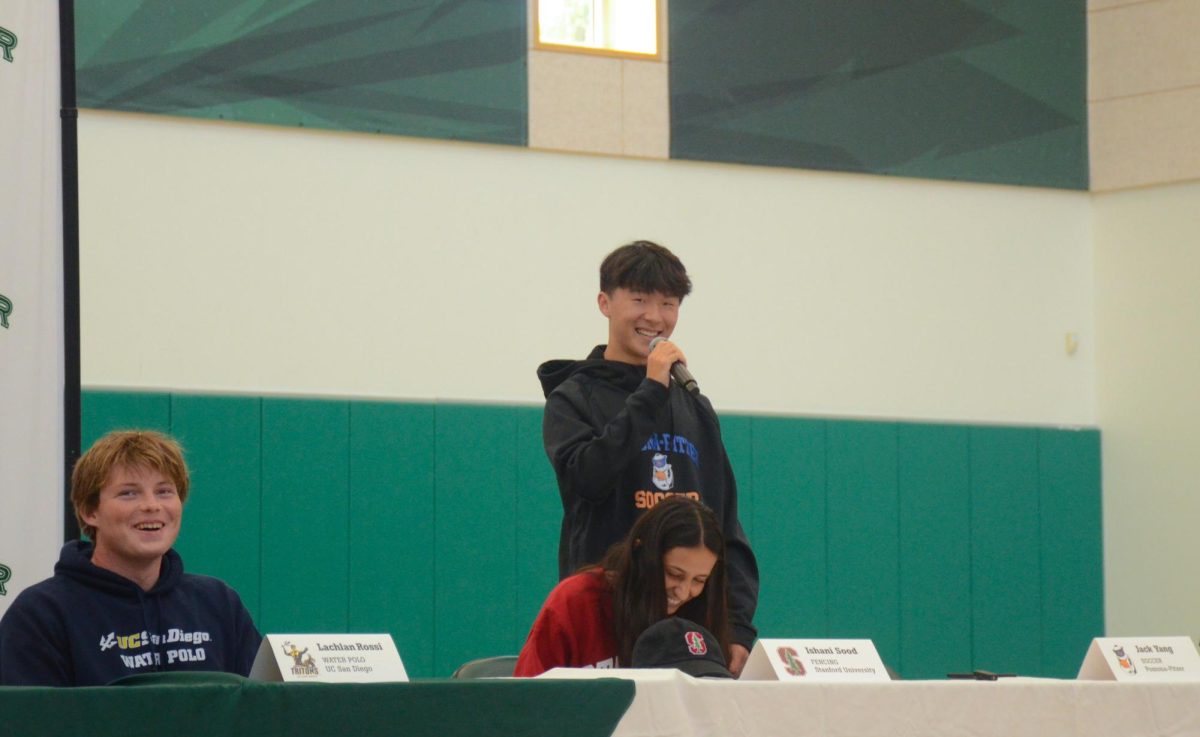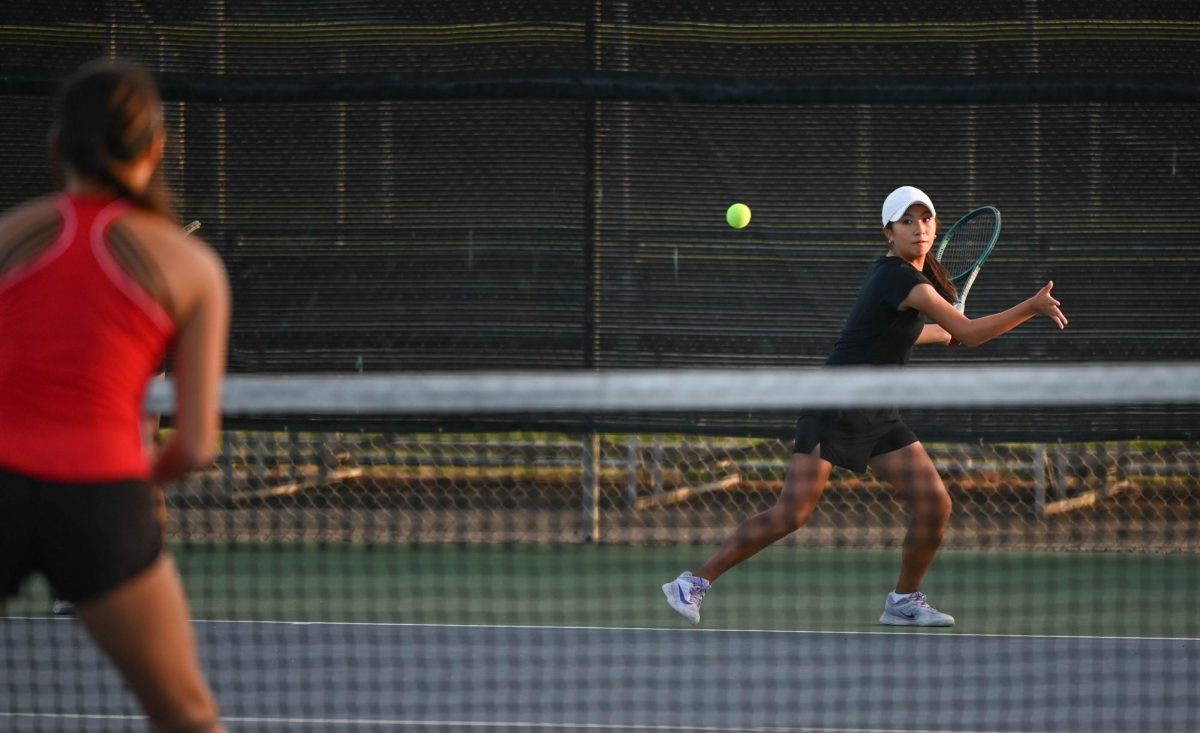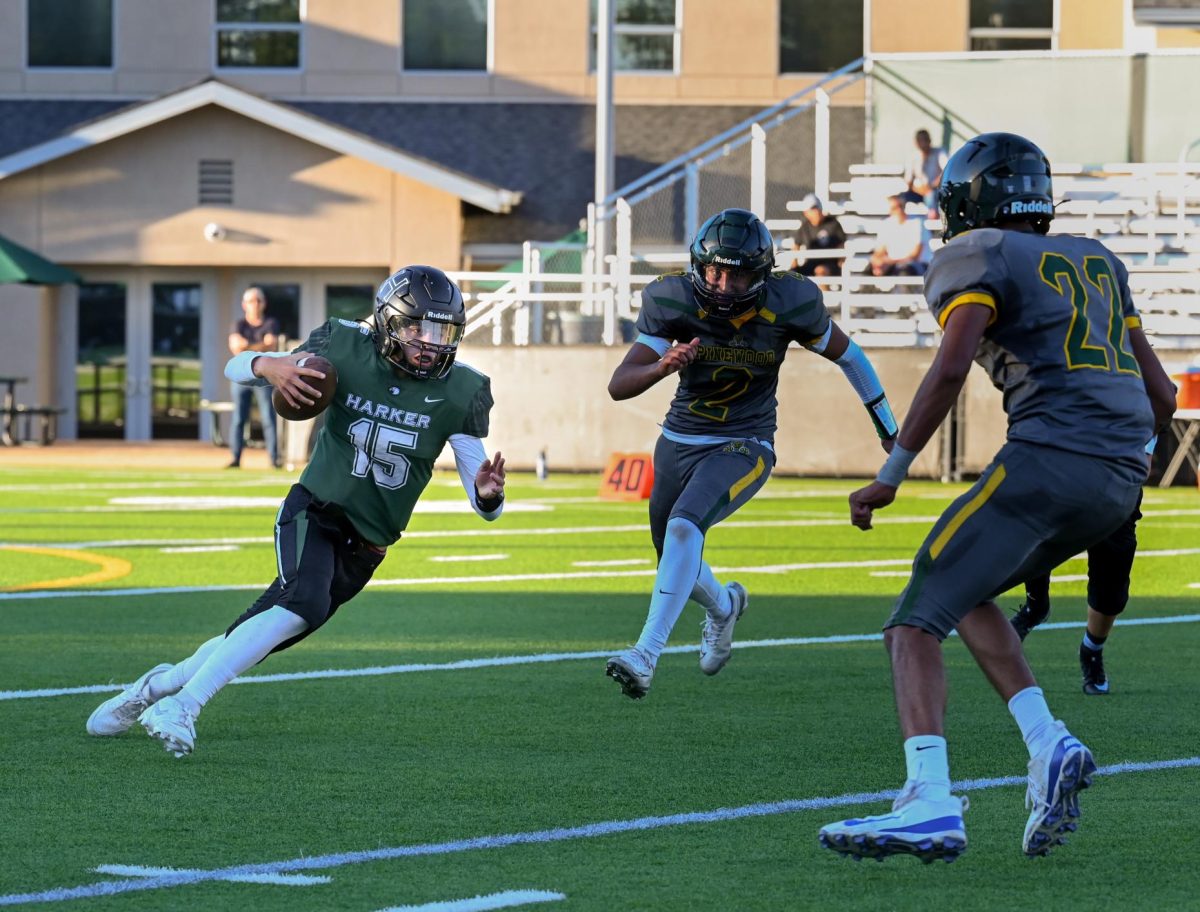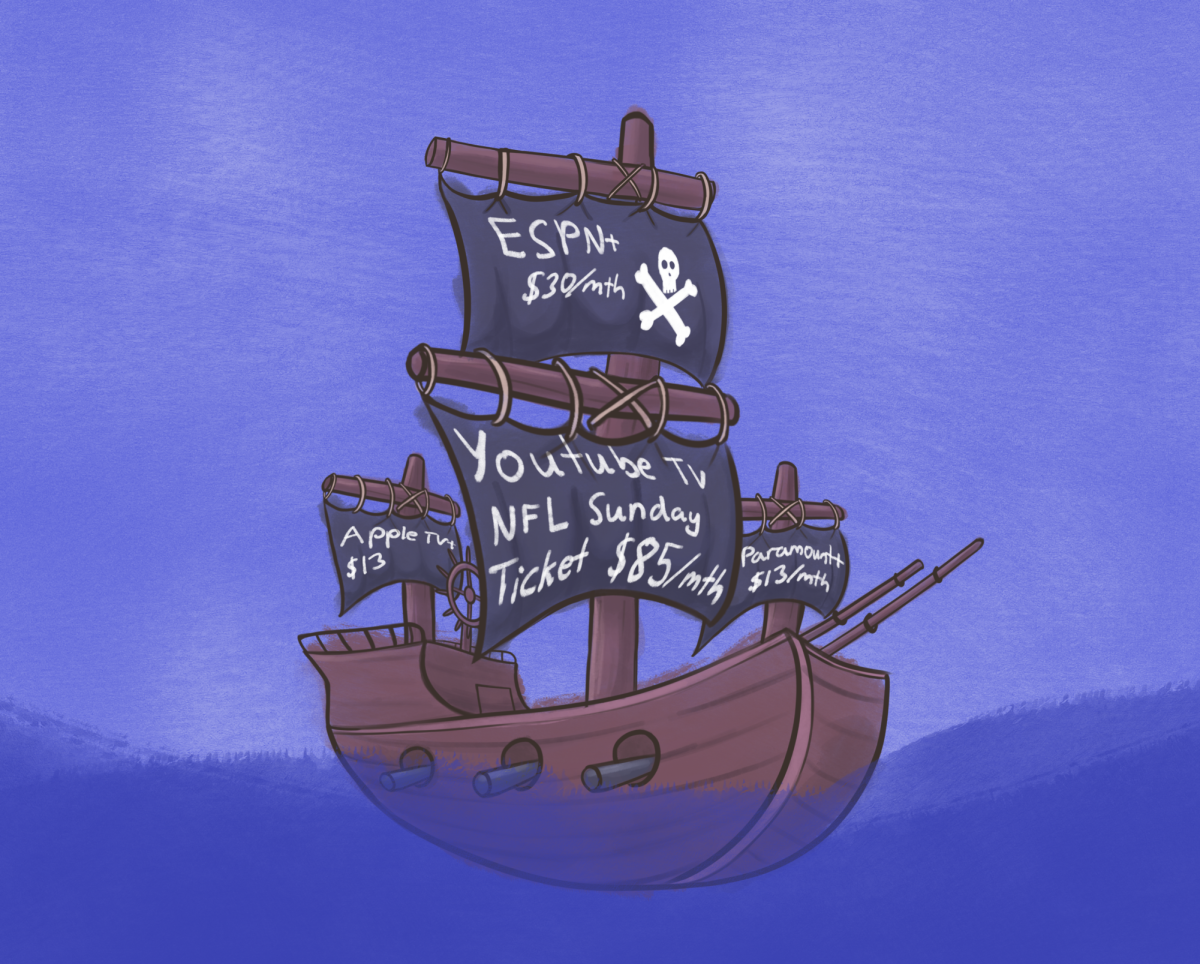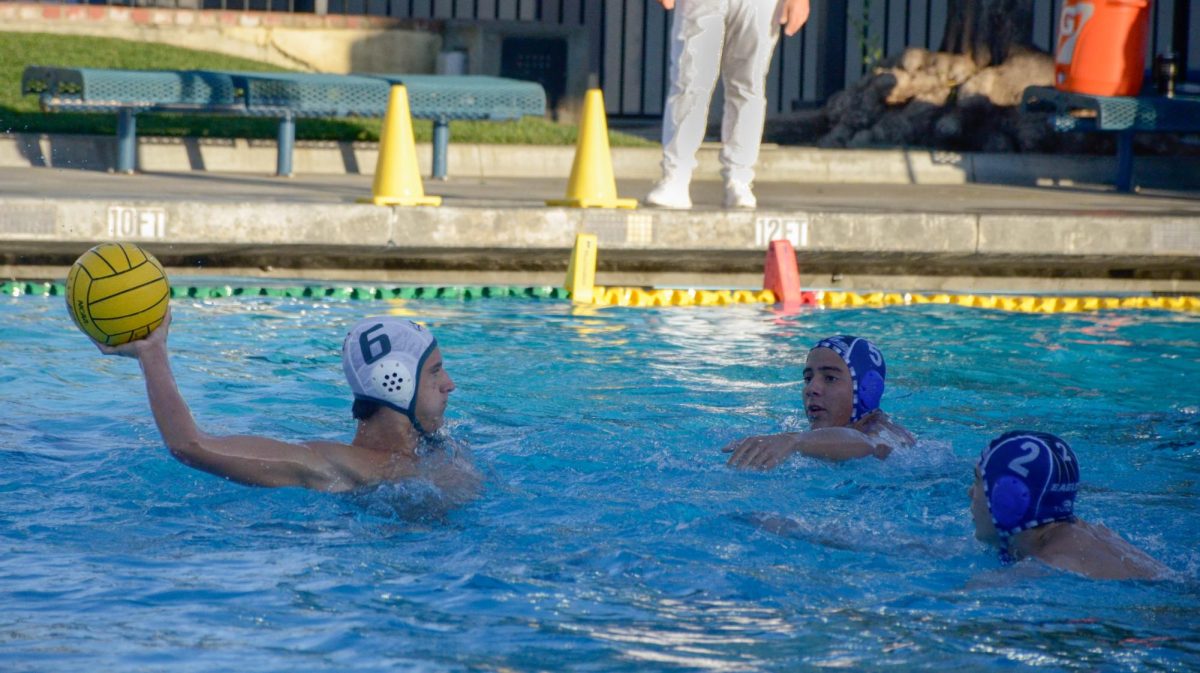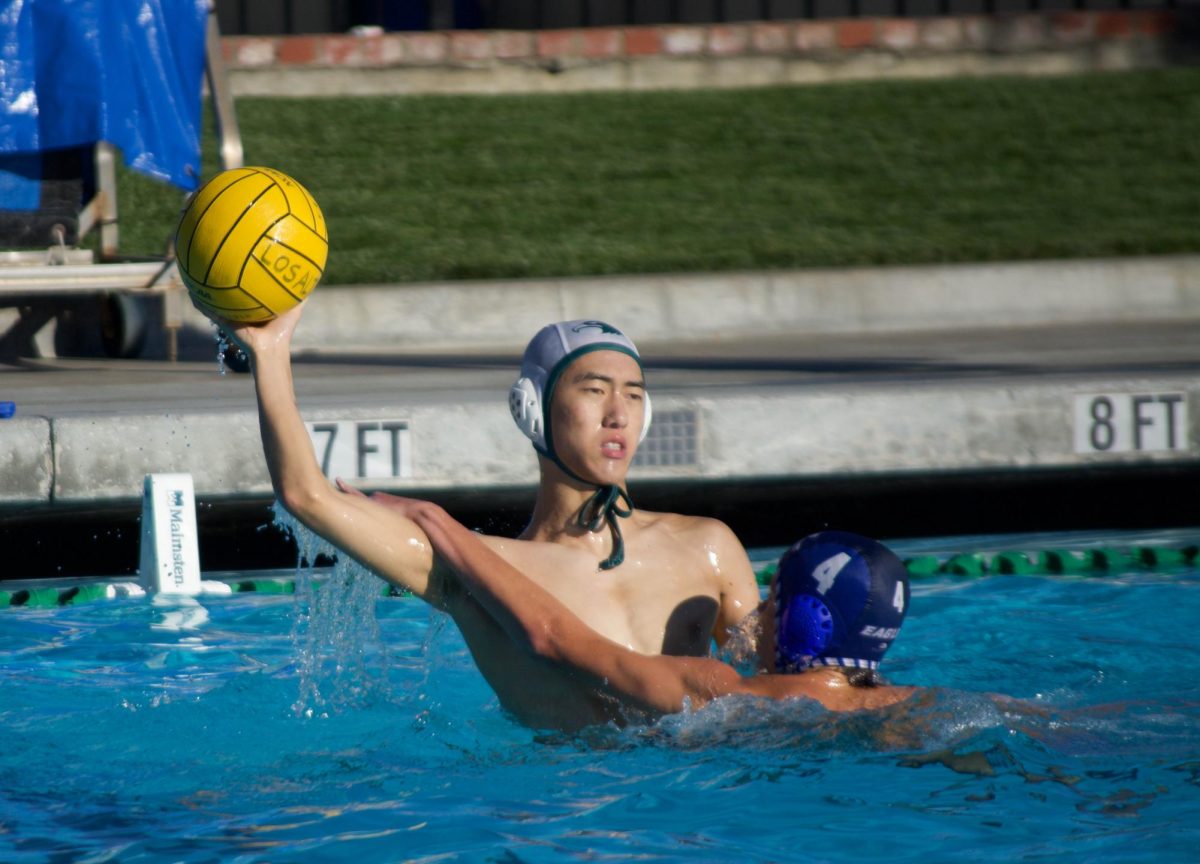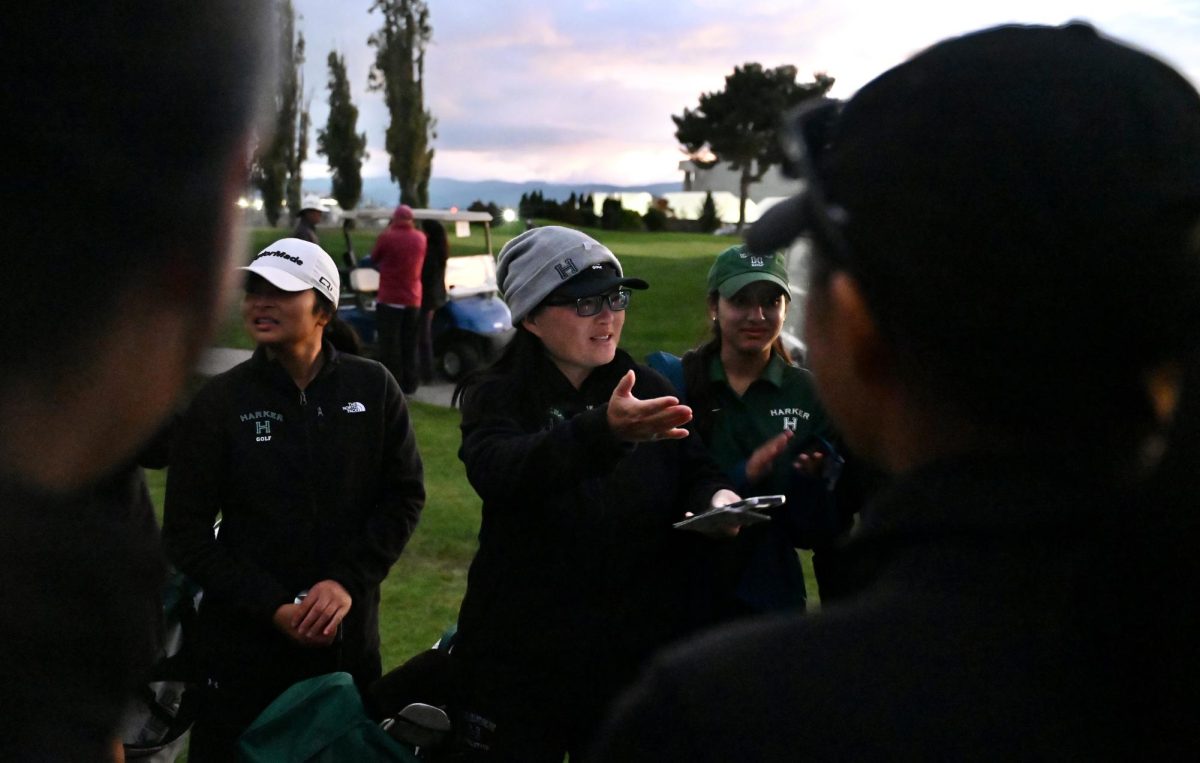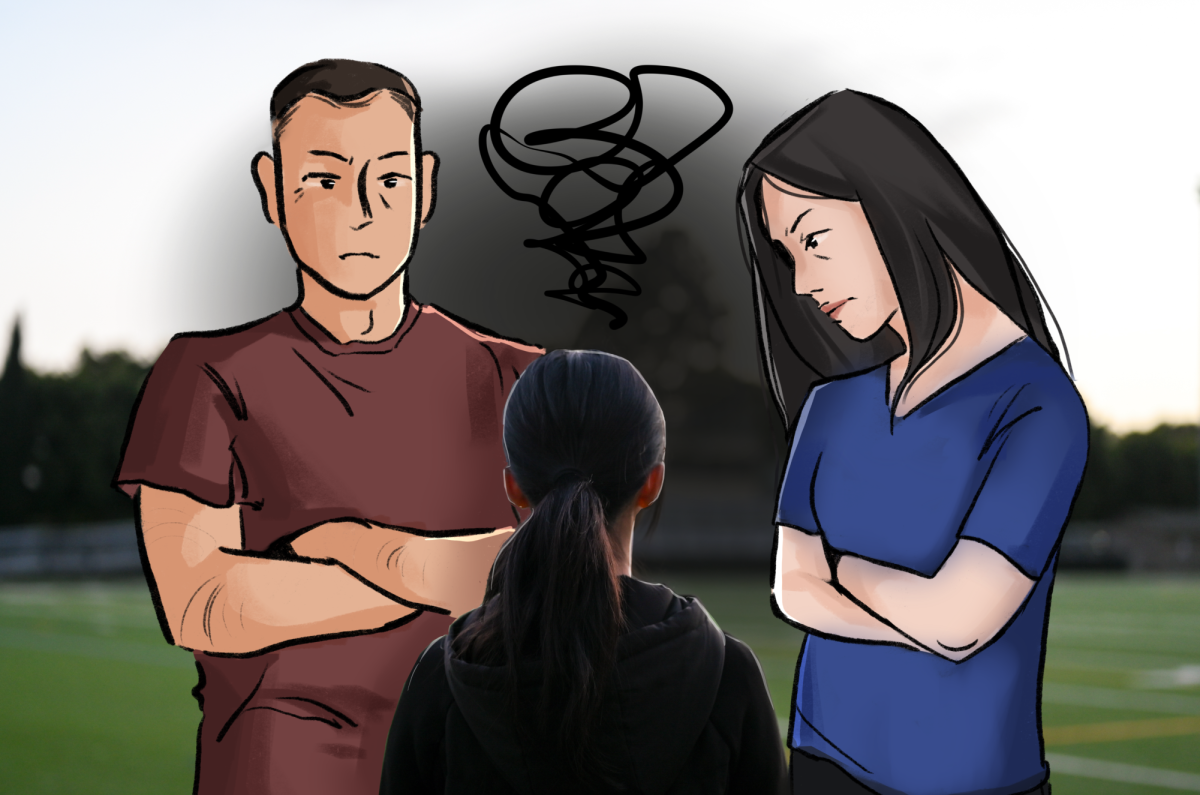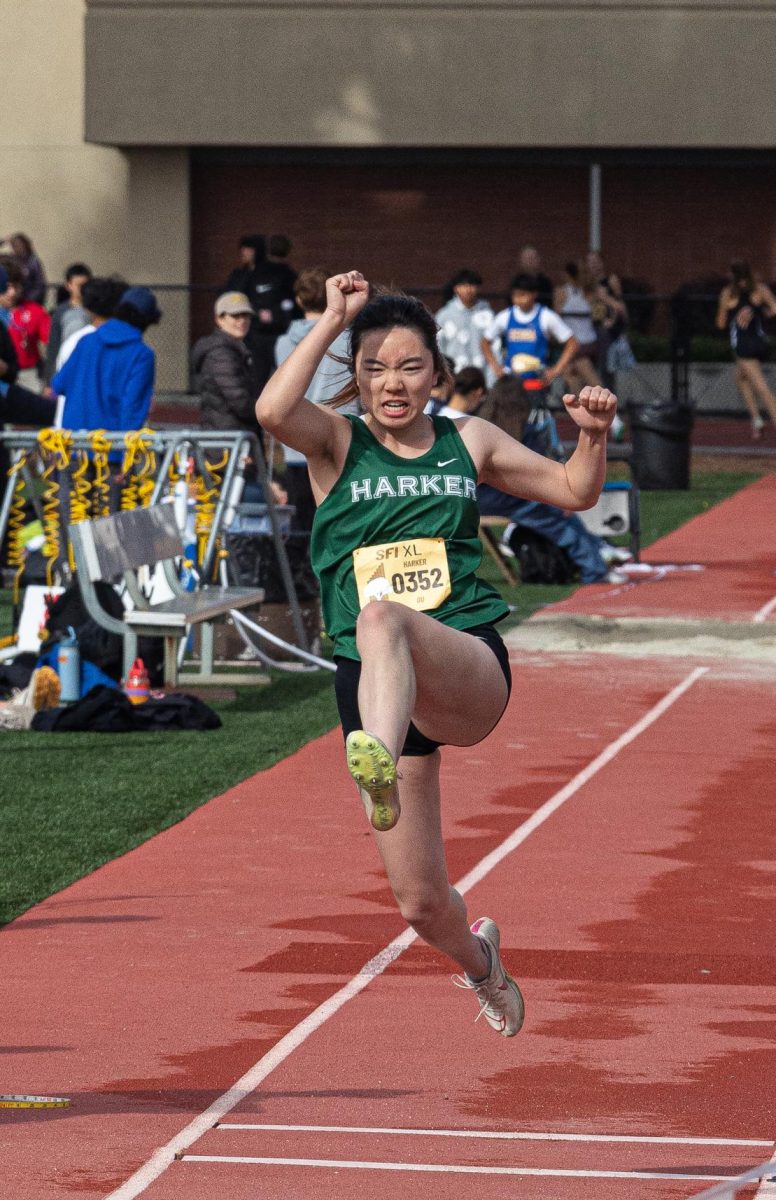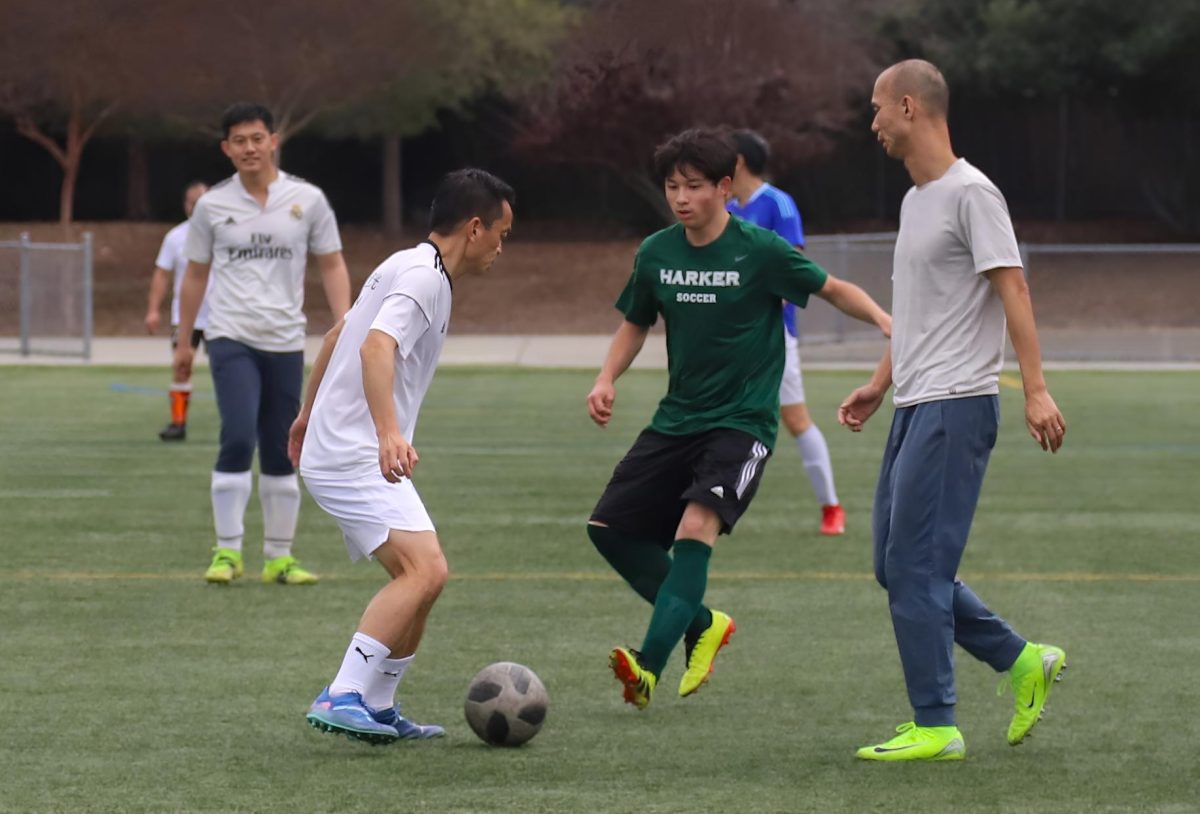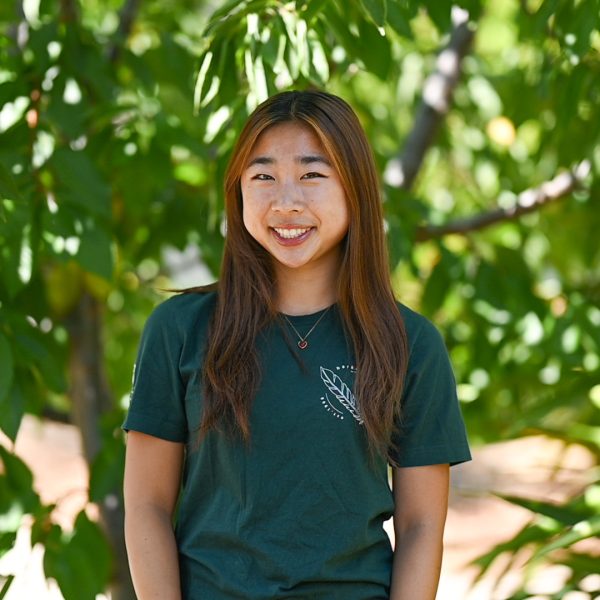After more than 13 years of pushing through soccer training sessions and balancing academics and extracurriculars, Jack Yang (‘24) felt compelled to further his career post-high school. Rather than hanging up his cleats, he turned to collegiate soccer to progress his athletic development and connect with other athletes like him, who too, have gone through a similar process in the world of recruitment.
Now playing Division III collegiate soccer at Pomona Pitzer, Jack noticed the differences between the levels in his new environment and that of his club and high school soccer teams. Jack spoke of the advantages of pursuing college recruitment to further his skills.
“Everyone that’s here got recruited, which means that everyone is the best of their high school team, so obviously the level is higher,” Jack said. “Physicality-wise, it’s tougher because you’re playing against adults. And the speed of play is faster, everyone’s just really sharp on the ball. It’s really fun to play with people who are as good as you or are better than you.”
Entering the college recruiting scene requires students to cold-email programs and create highlight reels. Starting the recruiting process as early as ninth grade allows players to keep their options open while building relationships with college coaches.
Now playing Division I golf at Georgetown, Claire Chen (‘23) recalled how daunting the process felt when she began as a middle school student. With few Harker students committing to collegiate athletics, student-athletes are left to navigate the recruitment landscape on their own.
“It was definitely confusing at first because I didn’t really have a reference point to go off of,” Claire said. “I wasn’t really sure what the timeline looked like, but my mom made me send out my first batch of emails when I was in 8th grade, to four local schools. At that point I had no idea where I wanted to go, so it was just sort of shooting a shot to see where that left me.”
Exposed to different schools from a young age, Claire had more freedom in selecting an environment that best suited her academic and athletic preferences. Jack echoed this idea, underlining the importance of consistent communication with schools and coaches to get to know each other better.
“I could have had a lot more schools to choose from if I started earlier and just kept contacting coaches earlier, because then they get to know you better and they have more trust in you than someone they just met,” Jack said. “Just keep emailing them every month or every couple weeks, because it doesn’t take that much effort to send an email, and every time you do it, they’ll know that you’re still interested in getting connections.”
Student-athletes factor in many considerations when selecting schools to reach out to, from student-life to academic rigor. Because recruiting is a two-way pursuit between coaches and players, athletes must find schools that align with their goals while also demonstrating their value to the team.
Water polo player Alejandro Cheline (11), who is currently navigating the college recruitment process, noted the importance of perseverance in searching for the right fit.
“You have to deal with rejection a lot,” Alejandro said. “Princeton said they’re not taking a goalie; Harvard said they’re not looking for a goalie in the 2026 class. You get a lot of rejection, especially from schools that you really want to go to, but you gotta just keep emailing other coaches until you find a school that’s interested.”
After regular check-ins with college coaches, attending ID camps to showcase skills and official visits to experience life on campus as a student-athlete, students typically commit to a school during their senior year. Signing the contract, however, is just the beginning of these athletes’ journey.

For Claire, traveling across the country to Washington D.C. proved challenging, but she acknowledged the team-centered atmosphere that came alongside the beginning of her collegiate athletics experience.
“Going to college definitely can be isolating and it’s a completely new experience coming from the West Coast and going all the way to DC,” Claire said. “I didn’t know anybody here, but it was great that you immediately have seven built-in best friends on your team who will basically show you around and tell you the way things work.”
Biology teacher Matthew Harley shared similar sentiments, reflecting on his time on Haverford College’s Division III basketball team. He cherished the community that he found while on the team above all else.
“When you have extra-large time commitments, you have to be more structured and have better time management skills, so it did help there” Dr. Harley said. “But mostly for me it was about knowing I’d show up and have teammates and people that I could be with. It really was an immediate family that I joined as part of the team.”




![LALC Vice President of External Affairs Raeanne Li (11) explains the International Phonetic Alphabet to attendees. "We decided to have more fun topics this year instead of just talking about the same things every year so our older members can also [enjoy],” Raeanne said.](https://harkeraquila.com/wp-content/uploads/2025/10/DSC_4627-1200x795.jpg)


















![“[Building nerf blasters] became this outlet of creativity for me that hasn't been matched by anything else. The process [of] making a build complete to your desire is such a painstakingly difficult process, but I've had to learn from [the skills needed from] soldering to proper painting. There's so many different options for everything, if you think about it, it exists. The best part is [that] if it doesn't exist, you can build it yourself," Ishaan Parate said.](https://harkeraquila.com/wp-content/uploads/2022/08/DSC_8149-900x604.jpg)




![“When I came into high school, I was ready to be a follower. But DECA was a game changer for me. It helped me overcome my fear of public speaking, and it's played such a major role in who I've become today. To be able to successfully lead a chapter of 150 students, an officer team and be one of the upperclassmen I once really admired is something I'm [really] proud of,” Anvitha Tummala ('21) said.](https://harkeraquila.com/wp-content/uploads/2021/07/Screen-Shot-2021-07-25-at-9.50.05-AM-900x594.png)







![“I think getting up in the morning and having a sense of purpose [is exciting]. I think without a certain amount of drive, life is kind of obsolete and mundane, and I think having that every single day is what makes each day unique and kind of makes life exciting,” Neymika Jain (12) said.](https://harkeraquila.com/wp-content/uploads/2017/06/Screen-Shot-2017-06-03-at-4.54.16-PM.png)








![“My slogan is ‘slow feet, don’t eat, and I’m hungry.’ You need to run fast to get where you are–you aren't going to get those championships if you aren't fast,” Angel Cervantes (12) said. “I want to do well in school on my tests and in track and win championships for my team. I live by that, [and] I can do that anywhere: in the classroom or on the field.”](https://harkeraquila.com/wp-content/uploads/2018/06/DSC5146-900x601.jpg)
![“[Volleyball has] taught me how to fall correctly, and another thing it taught is that you don’t have to be the best at something to be good at it. If you just hit the ball in a smart way, then it still scores points and you’re good at it. You could be a background player and still make a much bigger impact on the team than you would think,” Anya Gert (’20) said.](https://harkeraquila.com/wp-content/uploads/2020/06/AnnaGert_JinTuan_HoHPhotoEdited-600x900.jpeg)

![“I'm not nearly there yet, but [my confidence has] definitely been getting better since I was pretty shy and timid coming into Harker my freshman year. I know that there's a lot of people that are really confident in what they do, and I really admire them. Everyone's so driven and that has really pushed me to kind of try to find my own place in high school and be more confident,” Alyssa Huang (’20) said.](https://harkeraquila.com/wp-content/uploads/2020/06/AlyssaHuang_EmilyChen_HoHPhoto-900x749.jpeg)



